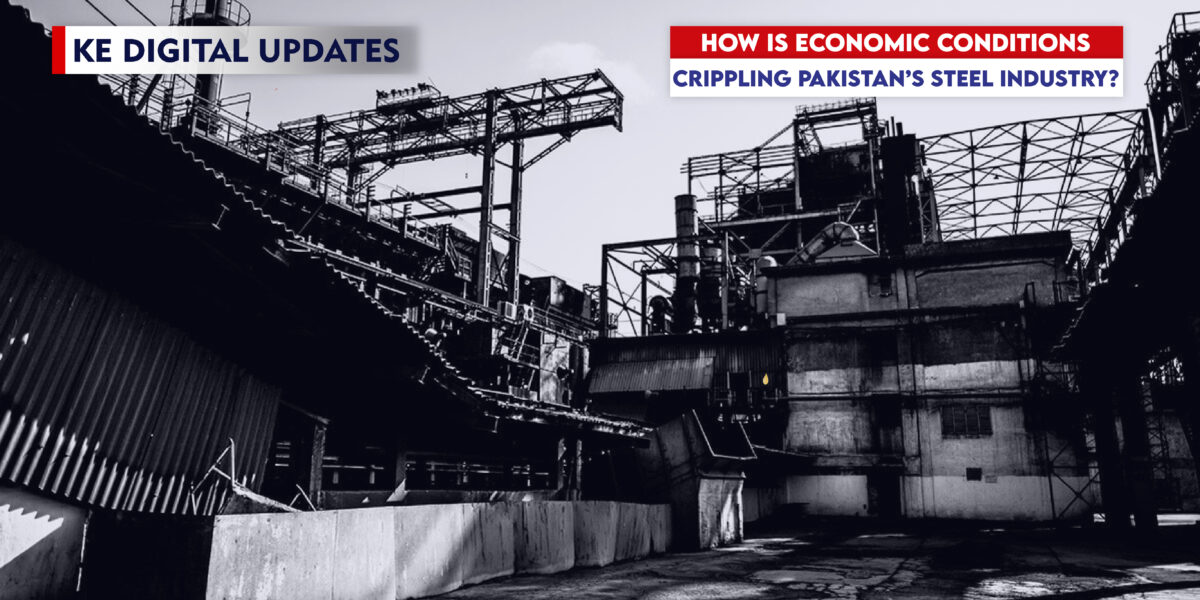Imported scrap prices in Pakistan have rebounded, but trade remained subdued. Pakistan’s steel traders have increased their offers to Turkiye. Major producers have halted their productivity for specific reasons: low demand for finished steel products, electricity prices, transportation problems due to floods, and taxes.
UK-origin shredded scrap offers remained between $455-460/MT CFR, with a rise of $20/MT compared to last week. But few deals have been finalized at $440-448/MT CFR.
The Pakistani rupee has recovered by PKR10 against the dollar in a week. G-60 rebar offers remained at RS.215 000-216,000 exw Punjab inclusive taxes. Despite a decline in rebar prices, demand is slow. People are not interested in construction. This low demand and high cost of production forced many major steel mills to halt their productivity. Market analysts expected October to be suitable for steel production and trade activities, but no betterment has been seen yet. Next month fog will cause to slow the market.
The National Electric Power Regulatory Authority (NEPRA) suggested the government lift the taxes on electricity to minimize the losses to industrial sectors and, by efficient management, decrease the hold/ monopoly of power companies.


